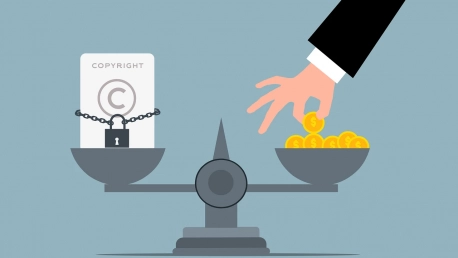Intellectual property (IP) rights serve as a linchpin for modern ingenuity, granting creators temporary monopolies to capitalize on their work and recover their investments. This legal safeguard promotes a cycle of creation, incentivizing pioneers to innovate across various fields such as literature and technology. The existence of IP rights is premised on the belief that the ability to profit from one’s innovations spurs further discovery and benefits society at large.However, IP rights face scrutiny for potentially hindering the collaborative spirit essential to innovation. Critics suggest that idea monopolization might suppress the shared efforts that drive progress. Despite this, the prevailing argument is that IP rights form a necessary foundation for encouraging and sustaining the economic feasibility of creative endeavors. The balance between protecting creators’ rights and fostering cooperative innovation remains a pivotal discussion in the realm of intellectual property.









